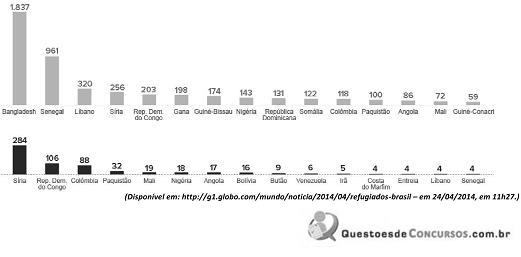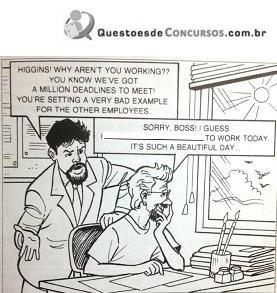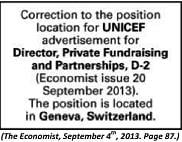Questões de Concurso
Para agu
Foram encontradas 2.795 questões
Resolva questões gratuitamente!
Junte-se a mais de 4 milhões de concurseiros!

Analisando os gráficos, é correto afirmar que
I. liderando a relação de pai'ses com maior número de concessões em 2013 está a nação que vive um dos mais sanguiná- rios conflitos do planeta.
II. metade dos pedidos e concessões de refúgio registrados em 2013 veio da região asiática do Oriente Médio.
III. os países que lideram a lista de pedidos e concessões são do continente asiático.
IV. os pedidos de refúgio são todos oriundos da África e Ásia.
As afirmativas corretas referentes aos dados apresentados nos gráficos são apenas
(Disponivel em: 01-www.g1.globo.com-em12/o1/2014, as17h40.)
(Disponivel em: 01-www.g1.globo.com-em12/o1/2014, as17h40.)
(Disponívelem: http://www.estadao.com.br/noticias/nacional,justica-acata-denuncia-contra-acusados-pelo-atentado-do-riocentro,1167081,0.htm, em 15 de maio de 2014, às 12606.)
(Disponívelem: http://www.estadao.com.br/noticias/nacional,justica-acata-denuncia-contra-acusados-pelo-atentado-do-riocentro,1167081,0.htm, em 15 de maio de 2014, às 12606.)


It is true about the message that

The ad contains a/an

Choose the sequence to fill in the blanks
I. Quando se tratar de Membros das Carreiras da Advocacia-Geral da União submetidos à estágio confirmatório, caberá à Corregedoria-Geral da Advocacia da União decidir sobre a confirmação no cargo ou exoneração.
II. A emissão de parecer sobre o desempenho dos integrantes das Carreiras da Advocacia-Geral da União submetidos ao estágio confirmatório, opinando, fundamentadamente, por sua confirmação no cargo ou exoneração, cabe ao Conselho Superior da Advocacia-Geral da União.
III. Incumbe ao Advogado-Geral da União homologar os concursos públicos de ingresso nas Carreiras da Advocacia-Geral da União.
IV. A Consultoria-Geral da União coordenará o estágio confirmatório dos integrantes das Carreiras da Advocacia-Geral da União.
Está(ão) correta(s) apenas a(s) afirmativa(s)
II. A recusa de fé a documentos públicos é considerada falta gravíssima, devendo contra o servidor que assim agiu ser aplicada a penalidade de demissão.
III. A acumulação ilegal de cargos públicos é penalizável com demissão, sendo que a lei prevê a possibilidade de o servidor apresentar opção no prazo improrrogável de dez dias, contados da data da ciência, após ser notificado conforme procedimento previsto em lei.
IV. Entende-se por inassiduidade habitual a falta ao serviço, sem causa justificada, por trinta dias, interpoladamente, durante o período de doze meses.
Estão INCORRETAS apenas as afirmativas